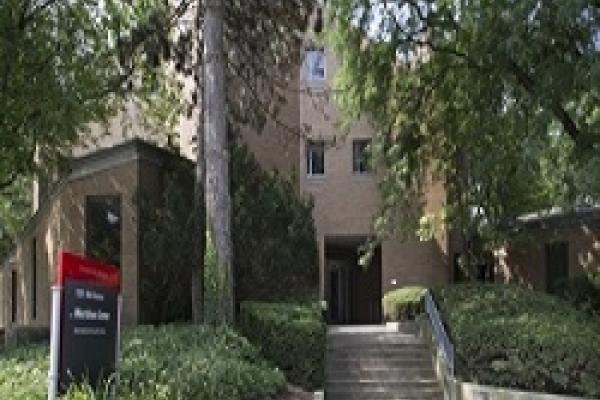
Mohammed S. Dajani is a Jerusalem-born scholar and peace activist with two doctorate degrees granted from the University of South Carolina, Columbia, SC, (1981) and the University of Texas at Austin, Texas (1984). In 2007 he established the Islamic movement he calls Wasatia to promote reconciliation, moderation, and peaceful coexistence. He is professor of political science, and worked as Head of Libraries and founding director of the American Studies Graduate Program at Al-Quds University (2002-2014). He is author of numerous books in Arabic on Wasatia; also, he is author of many books in English and Arabic including: Holocaust Human Agony: Is there a way out of violence? (2009), Wasatia: The Spirit of Islam (2009), Jerusalem from the Lens of Wasatia (2010); Dajani Glossary of Islamic Terms (2015), and Teaching Moderation and Reconciliation in Midst of Conflict (2015).
Dajani made headlines at home and abroad in the spring of 2014 when he organized and led 27 Palestinian university students to visit Nazi death concentration camps at Auschwitz and Krakow to teach them about the Holocaust. His courage and dedication to his vocation cost the professor his job at al-Quds University and compromised his personal safety. There was demonstrations against him, he received death threats, and his car was torched.
Tufts University bestowed the Dr. Jean Mayer Global Citizenship Awards to Professor Mohammed S. Dajani Daoudi in recognition of his ongoing work to encourage dialogue and find alternatives to extremism.
Abstract
Is achieving peace between the Palestinians and Israelis possible? If so, how? This lecture tackles this Gordian Knot by providing simple answers for a most complex and protracted conflict of our century. At a time of desperation and loss of hope he argues that peace is not only possible but attainable.
Click here to register for the talk.
